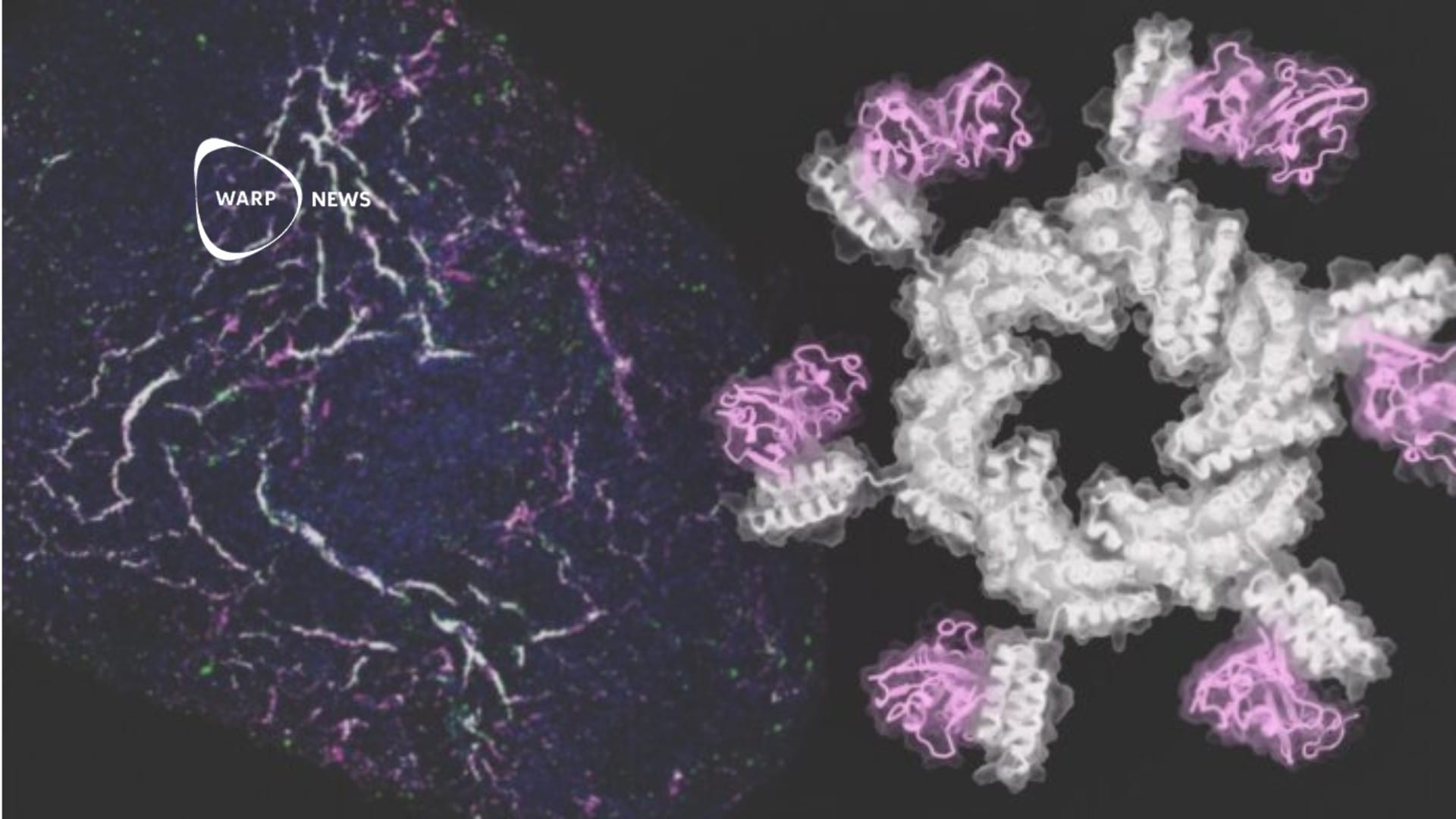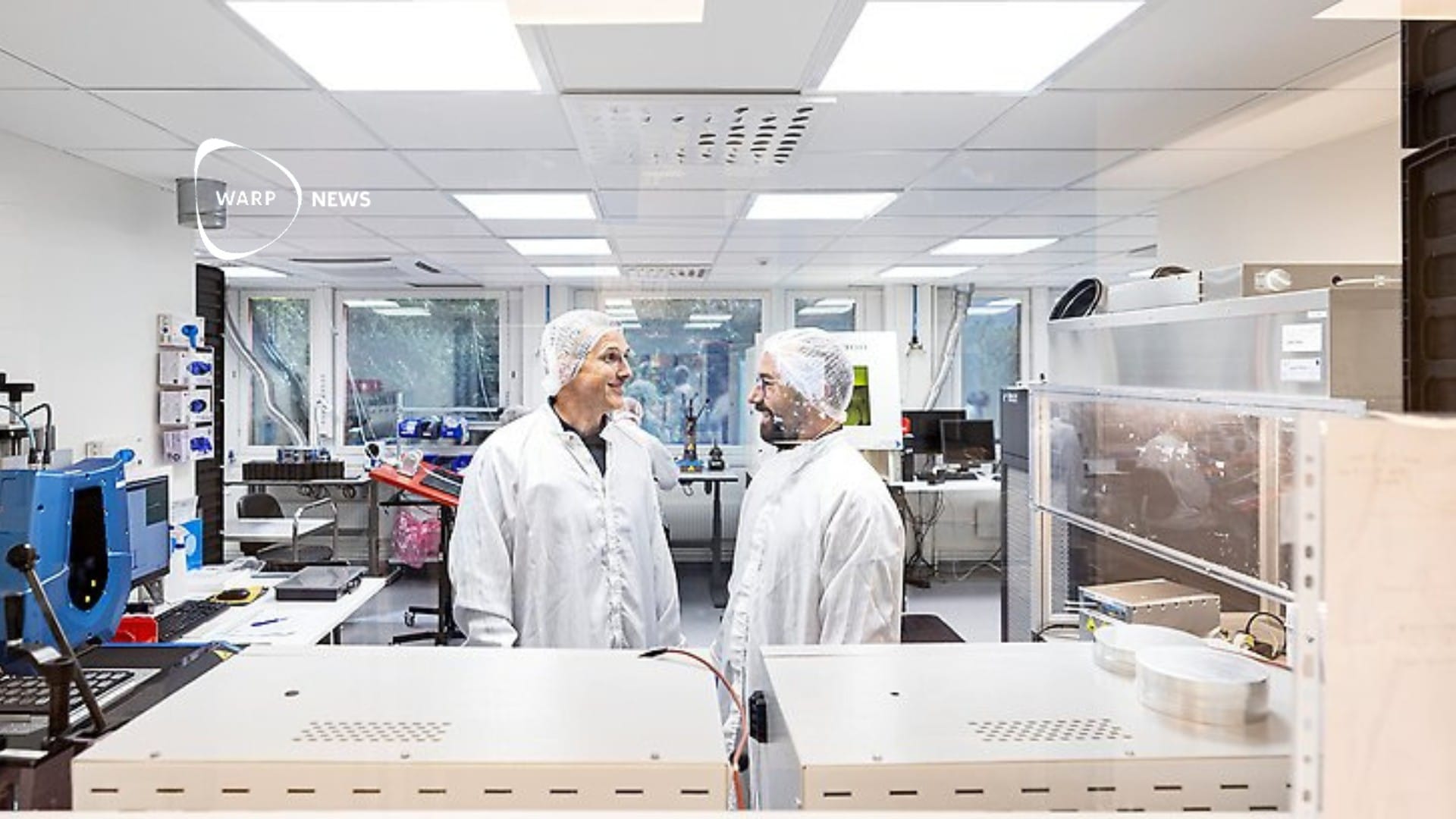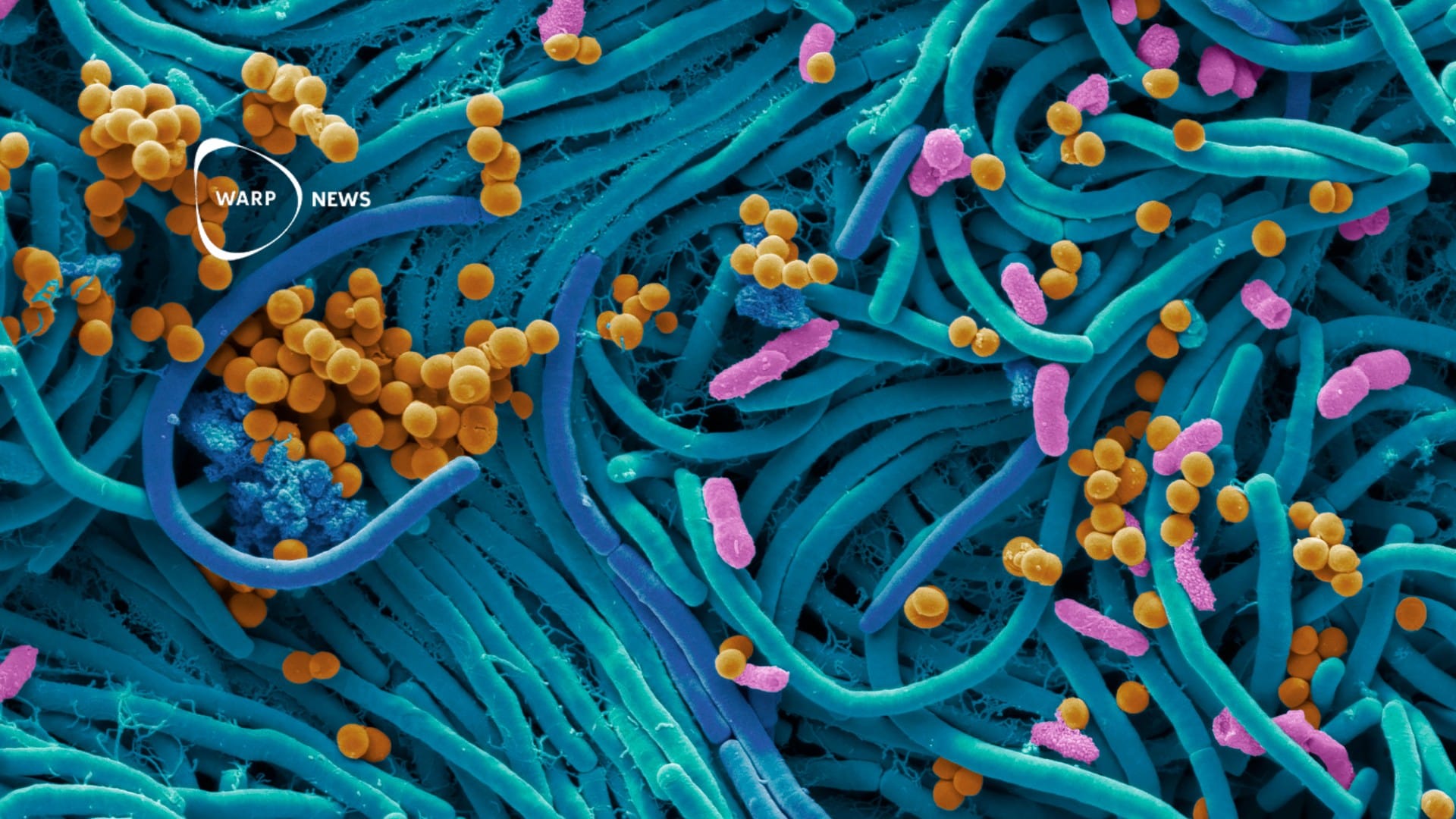
🔬 Tailor-made treatments - the next step in the fight against MS
Researchers have found a way to regulate the immune system that could give us better treatments for MS in the future.
Share this story!
MS is a chronic inflammatory disease in which the immune system attacks the central nervous system. People who get MS can suffer from emotional disturbances, difficulty walking and keeping their balance and problems with their vision.
There is currently no cure for MS and the treatments that slow down the disease and relieve the symptoms have their own issues.
"Existing treatments for MS hit the immune system very broadly with the risk of long-term complications, such as infections. Directing a future treatment more precisely against the immune cells that drive the disease can therefore mean a more effective treatment with fewer side effects", says Mattias Bronge, researcher at Karolinska Institutet, in a press release.
Finding such a more effective treatment is exactly what Mattias Bronge and other researchers at Karolinska Institutet are working on and they have made great progress. The researchers have identified four new so-called autoantigens that may be important for both diagnosis and treatment.
The T cells in the body's immune system react to autoantigens and it is when that reaction does not work properly that we can get MS. The researchers' discovery is based on a new opportunity to control that reaction.
"Our method makes it possible to present the current autoantigens in a way that allows the T cells that react to them to be identified and then can be turned off", says Hans Grönlund, associate professor at Karolinska Institutet and another of the researchers behind the study.
One challenge is that each patient can react to different autoantigens. In order to produce an effective treatment, it is therefore necessary that the treatment is adapted to each individual.
By identifying a patient's individual autoantigen profile, a treatment can be adapted for that particular individual. Most autoimmune diseases are driven by T-cells and if we can find a way to silence them in a disease such as MS, it can pave the way for a more precise way to treat other autoimmune diseases as well, says Hans Grönlund.
The researchers will now proceed with a clinical phase 2 study that will hopefully lead to new treatment options for MS in the future.


By becoming a premium supporter, you help in the creation and sharing of fact-based optimistic news all over the world.



